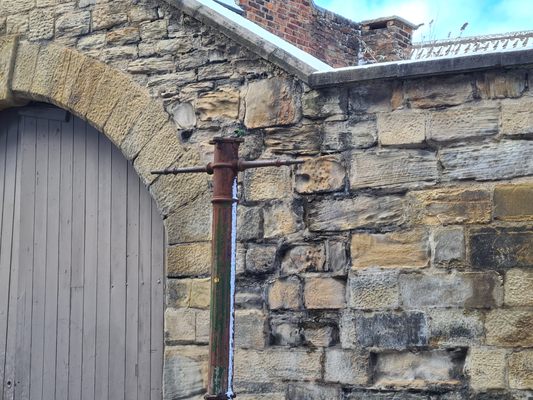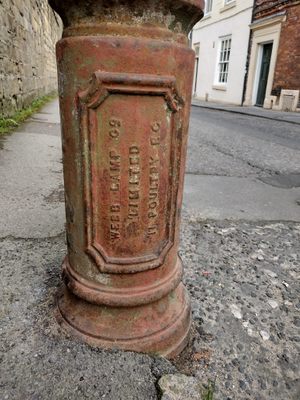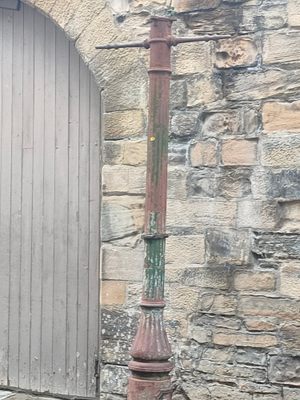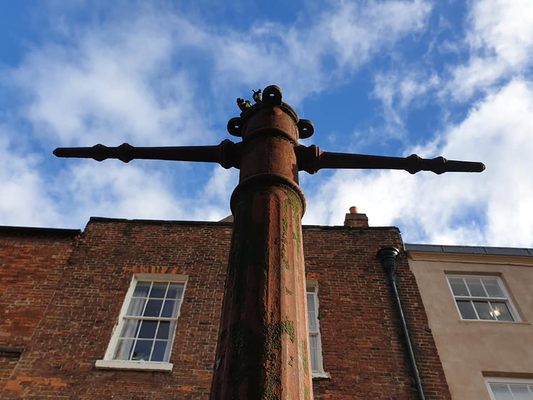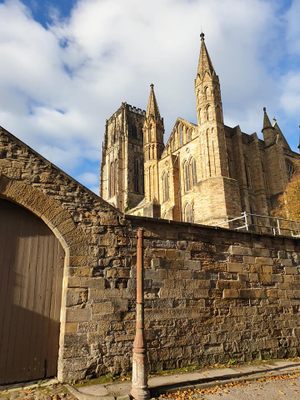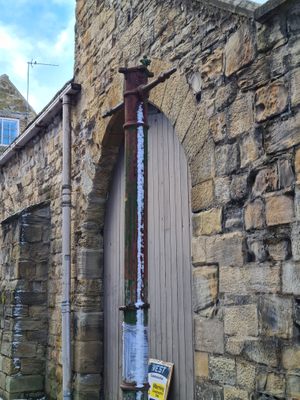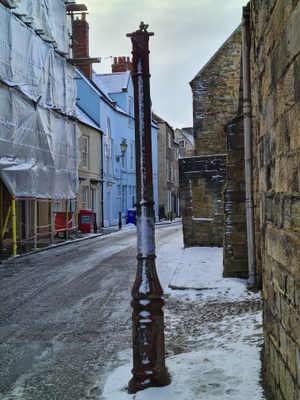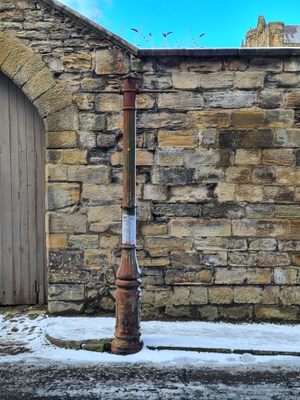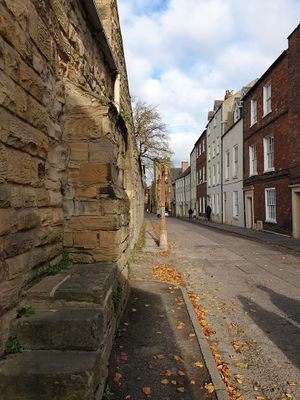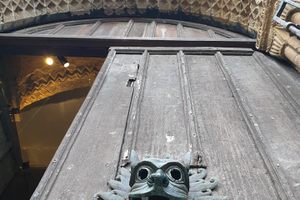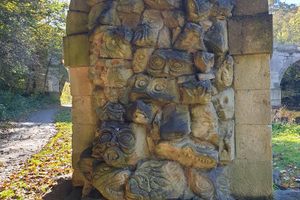About
Sewer lamps, such as this one, were invented after The Great Stink of 1858.
During this event, London's sewers created an incredibly foul stench, one so bad that even the House of Commons was aware of the issue. The curtains of the House of Commons were supposedly soaked in chloride in an unsuccessful attempt to keep out the smell.
It was said that the smell was so bad that the Chancellor of the Exchequer, Benjamin Disraeli, was seen running from chambers with a handkerchief pressed to his face. It didn't take long for funds to be allocated to create an effective sewer system in the capital and design a way to vent them properly. Thus, sewer gas destructor lamps were born.
Joseph Edmund Webb of Birmingham patented the sewer gas destructor lamp. These ornate cast-iron creations were designed to remove the harmful, potentially explosive sewer gases. His initial idea was that the lamps would simply burn the sewer gas and create a useful street light. However, it was discovered that the quantity of sewer gas by itself was insufficient for that, so he modified his design to burn town gas. The heat of the flame created an upward draft that drew the sewer gas into the lamp where it was burned.
These lamps eventually spread to the northeastern parts of the country. Today, there are currently 100 under the care of Northumbrian Water. This lamp can be found in the Old Bailey area of Durham City.
Related Tags
Know Before You Go
The lamp is on North Bailey between No.21 and No.22 on the opposite side of the road, adjacent to an arched wooden gate. Access is level and it's visible at any time.
Continue along North Bailey towards South Bailey past the main and side entrances to the Durham Cathedral when heading from Market Place. You will find the lamp on your right-hand side.
Continue up South Bailey towards the river sidewalk along the banks of the River Wear. On the riverside walk when you come to the bridge, do not cross, but turn left to visit the Count's House. Continue past the Count's House along the riverside walk to visit Elvet Bridge.
Community Contributors
Added By
Published
March 2, 2021
